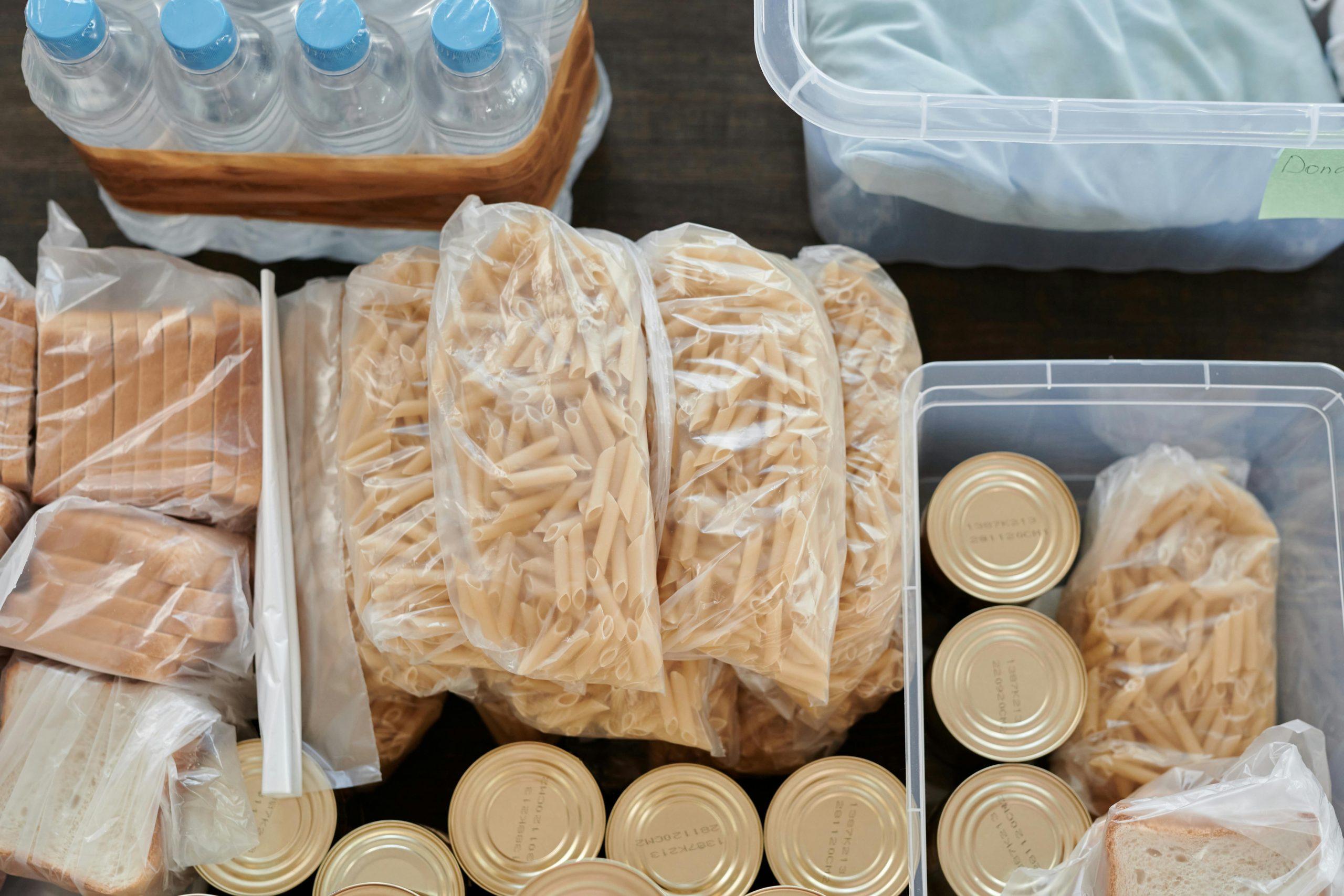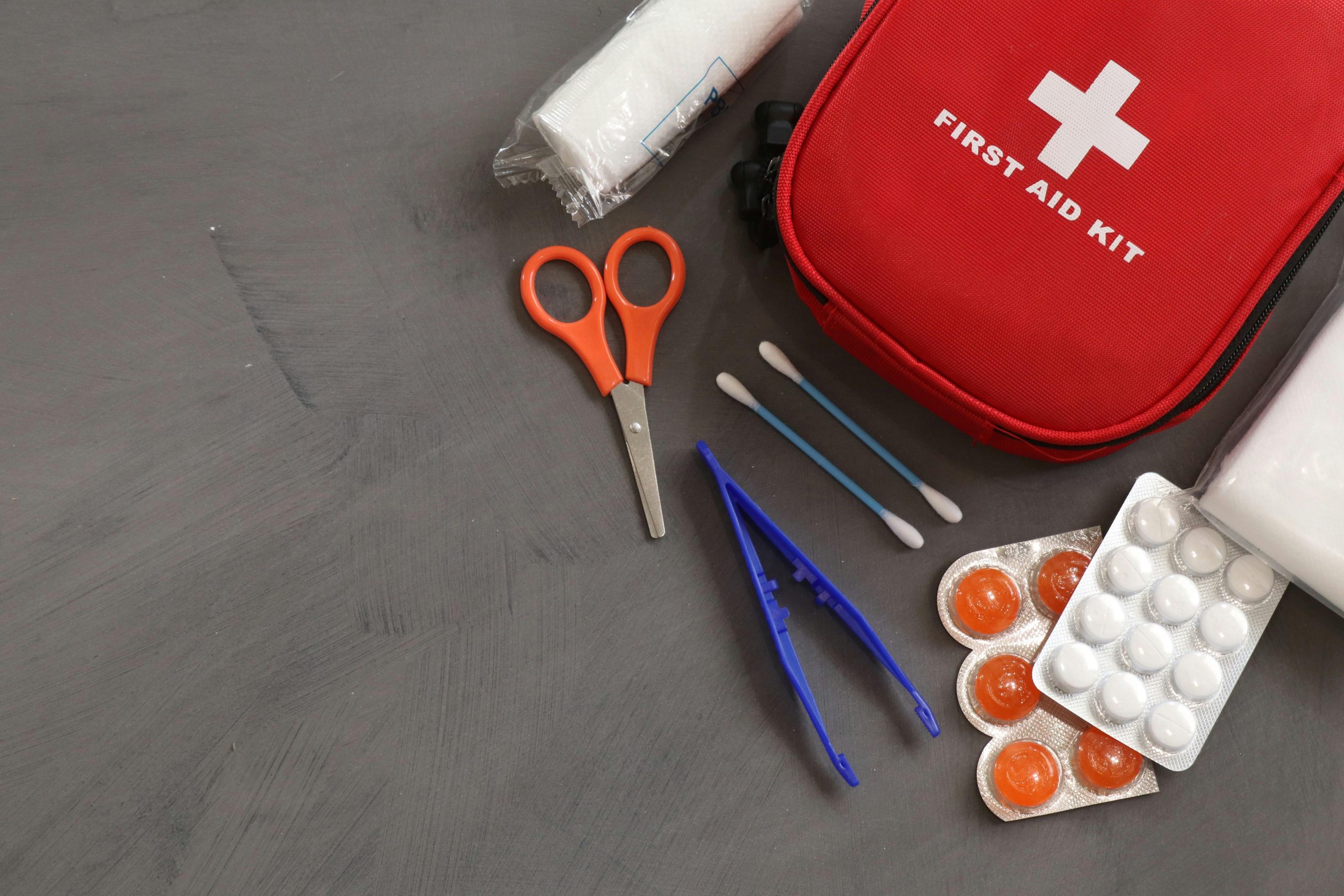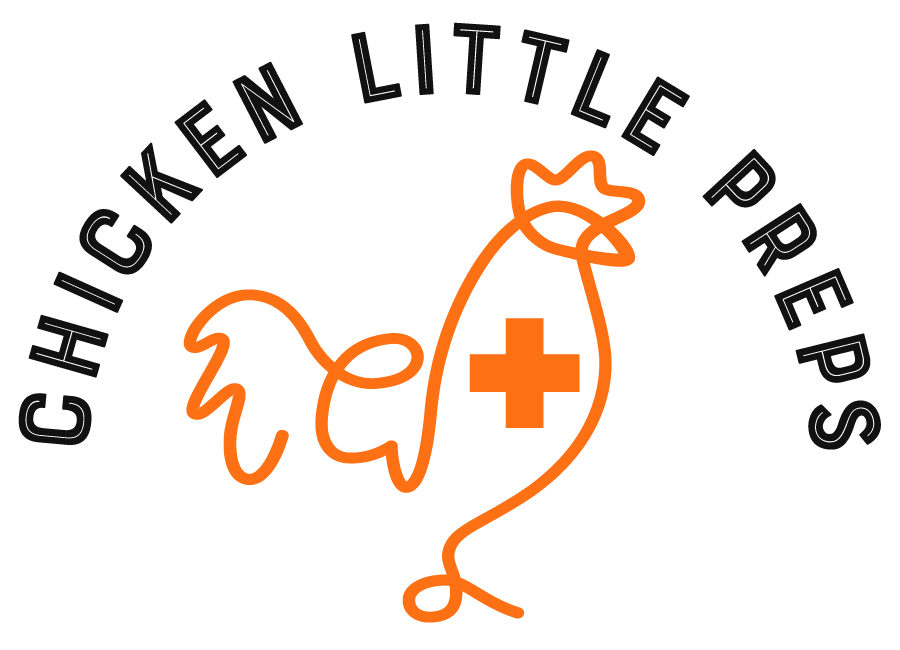When we think of prepping, it’s easy to conjure up images of stockpiling food for some specific, world-ending event—like Y2K, an election, or the latest doomsday threat. However, this approach can often lead to unnecessary stress, fatigue, and poor decisions. Prepping with a focus on a singular event sets up a countdown mentality. Once that date passes without disaster, many people abandon the practice altogether, feeling like it was a waste of time and energy.
Instead of prepping for a date, consider it a way of life integrated into your everyday habits. Prepping is less about fear and panic and more about common sense, organization, and hard work. By shifting from a reactive mindset to a proactive lifestyle, you’ll find it’s easier than it seems.
Fear Pushes, Wisdom Leads
The biggest trap many fall into when prepping is making fear-based decisions. Panic buying, like the rush for toilet paper during the early days of the pandemic (and the recent port strike), is a classic example. Instead of letting fear push you into stockpiling, focus on wisdom and practicality. In this manner, you can build a life that isn’t easily shaken by disruptions.
If you allow fear to guide your decisions, you risk going overboard—either overspending or stockpiling items you’ll never use. Instead, focus on preparedness in a way that fosters community, resilience, and abundance, not isolation and hoarding. This is a crucial point many in the prepper community miss, as fear and scarcity often dominate the conversation.
Look to the Ant, Not the Grasshopper
The well-known fable of the ant and the grasshopper highlights the importance of consistent, mindful preparation. The ant steadily worked to gather food, ensuring it had enough to last through winter, while the grasshopper wasted time only to panic when times got tough. In your everyday life, prep the way the ant does—steadily and without fuss, always ensuring you’re a little more prepared today than yesterday.

How to Get Started: Small Steps Add Up
Prepping isn’t about buying everything in one panic-fueled trip to the store. Instead, incorporate preparedness into your everyday routine.
Here’s a simple way to start: How to Start Emergency Prepping – A simple, 3-phase Guide to Outsmart Chaos.
On each shopping trip, buy one or two extra items of shelf-stable food you already eat. Be sure to use and rotate these items regularly. Prepping is about practicality—stocking up on food you’ll use, not things that will sit in a closet until they expire.
Once you have enough food and preps for 2 weeks or so, focus on financial preparedness. Pay off consumer debt, establish an emergency fund, and ensure your retirement is on track. Prepping for a disaster isn’t just about food and gear; financial stability is equally critical.
As you build financial resilience, continue adding other items you might need based on your region’s typical disasters. For example, extra blankets, sleeping bags, and warm clothing might be essential if you live in an area with harsh winters. The key is to do this without breaking your budget.
Avoid buying “prepper” gimmicks which might sit untouched in your garage for years. Prepping is about living well now and planning for potential future challenges.
Preparing for Community, Not Just Survival
Somewhere along the way, disaster preparedness gained a stigma. It became something that only “crazy” people did. Yet, most of us wouldn’t think twice about buying life insurance or having a first-aid kit in the car. Prepping should be viewed similarly—a practical measure for unforeseen circumstances.
The goal isn’t to isolate yourself in fear but to build a lifestyle supporting you and your community. In times of crisis, your preparedness allows you to be a resource for others rather than another person in need. Think about creating abundance and sharing, not scarcity and isolation.

Living Intentionally Amid Distractions
It’s easy to lose focus in today’s world. Intentional living can feel nearly impossible, with many responsibilities pulling us in different directions. However, prepping helps keep you focused on what matters: ensuring your family’s financial and physical well-being.
Ultimately, prepping isn’t a one-time event or a response to a specific threat. It’s a way of living intentionally, day by day so that when challenges come, you’re ready—not with fear, but with confidence and calm. You’ll know that whatever happens, you’ve built a life that can weather the storm.
As the old saying goes, “An ounce of prevention is worth a pound of cure.” By adopting this mindset, you’ll not only be prepared for life’s disruptions but also live more mindfully, with a sense of security and abundance worth more than any stockpile.
Prepping is just something you do, not because of fear, but because it makes sense in the long run.
Starting a new habit is tough—but staying prepared doesn’t have to be.
Join a community that shares your goals, because together, we can prep for life - not just the next crisis. Subscribe to our email list for friendly reminders, smart tips, and friendly prepping advice.

